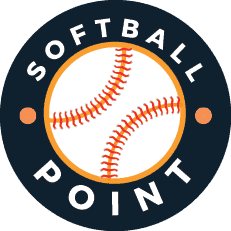If you’ve never played softball before, it may be tough to make the argument that the sport is a professional one. But those who know the game well can argue otherwise. Softball has quite a bit of history, dating back to 1887. It was one of the first sports to be played indoors, and it’s also an Olympic sport.
During the 2008 Olympics, 24 countries competed in softball. There were nearly 4,000 athletes from all over the world. This year’s World Series was held last week in Oklahoma City, and featured stars such as Angie Woschitz and Allyson Fox. This year, softball is set to be an Olympic sport once again. The US will be one of the favorites at the London games, and more than 80 countries will be competing.
Professional softball is usually played indoors, on a large field with nine players. The game consists of three periods of 20 minutes, with a 15-minute break at the end of the first two periods. Each team can have a maximum of nine players with a maximum of five players on the field at one time. Players play in a batting order and take turns being in the field.
This sport is unique in that the pitcher and the fielders change sides in each inning. In the first half of an inning, the pitchers pitch from the right side of the mound to the left side of the mound.
Professional players have been seen in the sport of softball. The sport has been classified as professional in some areas of the world.

As professional softball is growing in popularity, it is expected that additional players will begin to move to the sport. Some areas which currently allow for professional softball teams to exist are Canada, the United States, and Australia.
These areas are expected to continue allowing for professional softball leagues to exist within the coming years. The United States Specialty Sports Association was formed in 1978 to take over the marketing of fastpitch softball from the Amateur Softball Association. After only one year, they changed their name to USA Softball. Softball was played at the 1996 Summer Olympics and has been played at the Pan American Games since 1995.
